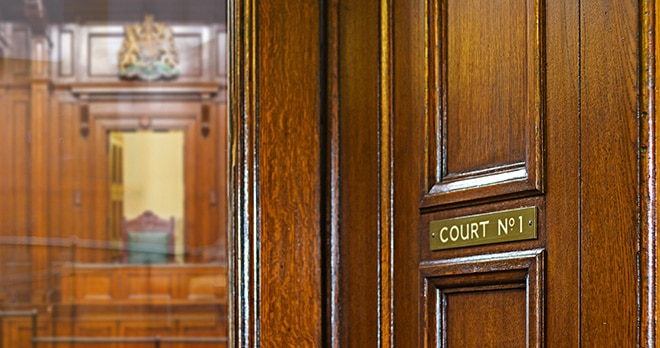Inquests: the inquest hearing

The inquest hearing is often the culmination of many months of preparation and is, understandably, a very daunting prospect for the families of the deceased.
This post explains the purpose and nature of the inquest hearing itself.
The purpose of the inquest
An inquest is held only in certain circumstances, such as where someone has died a violent or unnatural death, where there has been a sudden death and the cause is unknown or where someone has died in a place or circumstance where there is legal requirement to hold an inquest, such as whilst in prison custody.
The purpose of an inquest is limited to ascertaining 4 things: the identity of the deceased, where they died, when they died and how they died.
The inquest process is very different to criminal or civil proceedings – the inquest is not designed to blame specific individuals for injury or death.
Timing and length of the inquest
The Chief Coroner for England & Wales has advised that the inquest hearing ought to take place within 1 year of the death, unless there is good reason for deviating from this. In more complicated matters, or where there is a significant number of parties involved, it could take much longer.
The length of the inquest will vary widely depending on a number of things, including the scope of the investigation, the number of witnesses/experts and whether there is a jury in place. Some are concluded within a day, but many take place over several days or weeks. The most recent Hillsborough inquest hearing took around 2 years due to the vast amount of evidence and huge numbers of people involved.
A Pre-Inquest Review is often very useful in order to manage disclosure and to ensure that the inquest is listed for an appropriate date, and to prevent unnecessary delay. Some inquests will have several PIRs before the final hearing takes place.
Evidence
At the outset, the coroner will formally open the hearing. If the inquest is to be heard by jury then the jurors will be called to take an oath and to confirm they do not know any of the people involved. I have previously written about the role of a jury in inquests here.
The coroner will then call the witnesses. Usually, if a family member of the deceased is giving evidence then this will happen first. The coroner will normally begin by asking questions and talking the witness through the statement they have made previously. When he or she has finished, there will be opportunity for other Interested Persons (or their legal representatives) to ask questions of that witness.
Once the coroner and all Interested Persons have concluded their questions, the jury are also allowed to ask questions.
Sometimes witnesses will not be called to attend the inquest in person, but their statement will be read out in the inquest so that it forms part of the evidence. This usually happens where their evidence is not controversial but where it is still relevant to the coroner’s investigation.
Summing up
After the conclusion of the witness/expert evidence, the coroner sums up the evidence heard.
In an inquest, unlike other courts, the Interested Persons or their representatives do not have the right to sum up the evidence as they see it. As such, it is very important to ask the right questions during the inquest so that the coroner (or the jury if there is one) understands what your concerns are. This is one of the reasons why it helps to have a specialist barrister or solicitor representing you.
After the summing up, the coroner will give his/her conclusion and complete the Record of Inquest. If there is a jury then the coroner will give them detailed guidance on which conclusions they may reach based on the evidence they have heard and explain their obligations as a jury, before asking them to retire and consider their conclusion.